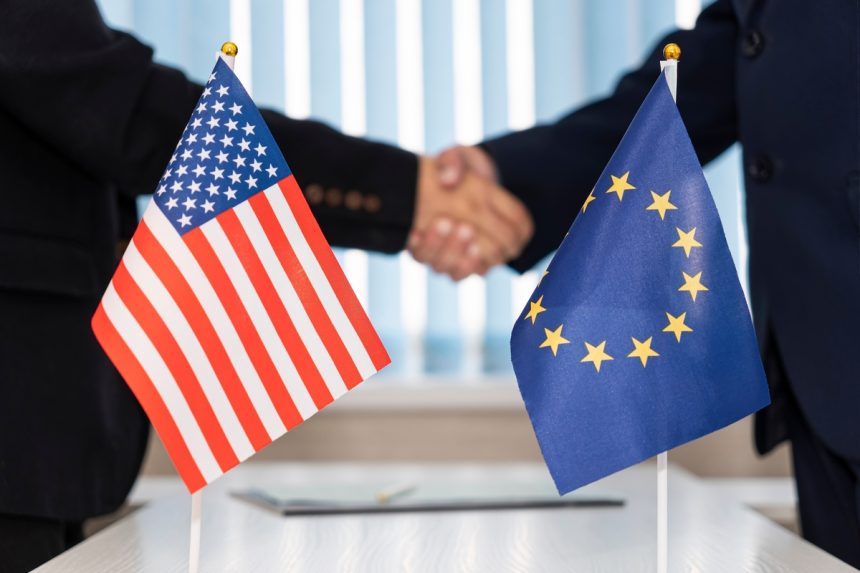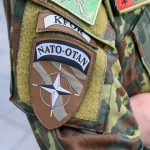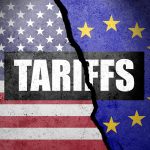The Trump administration’s push to terminate the United Nations peacekeeping mission in Lebanon has sparked tensions with key European allies, who warn that such a move could destabilize an already fragile region. The operation—known as UNIFIL—has maintained a monitoring presence in southern Lebanon for decades. As its mandate nears expiration at the end of August, sharp divisions have emerged over its future.
A Rift Between Allies: U.S. vs. Europe on UNIFIL
The United States, under President Donald Trump, aims to wind down UNIFIL within six months. Secretary of State Marco Rubio signed off on the plan after securing deep funding cuts. According to administration officials, “the operation is an ineffectual waste of money” and merely delays efforts to dismantle Hezbollah’s influence in southern Lebanon.
This move aligns with a broader Trump agenda to scale back U.S. involvement in international alliances and organizations, from cutting UN funding to questioning NATO commitments. However, it’s strained relations with France, Britain, and Italy—nations that have long contributed to UNIFIL.
Europe’s Stand: Security Before Withdrawal
France and Italy, supported by U.S. Ambassador to Turkey Tom Barrack, lobbied for a one-year extension followed by a conditional six-month wind-down. “Ending UNIFIL too soon would create a vacuum that Hezbollah could easily exploit,” European diplomats argued during closed-door discussions.
France cited the Mali precedent, where the exit of a UN peacekeeping force allowed extremists to thrive. The final French draft, obtained by the Associated Press, proposes no specific withdrawal date but includes the Security Council’s “intention to work on a withdrawal.”
UNIFIL’s Role: Between Accusations and Achievements
The UN peacekeeping mission consists of about 10,000 soldiers, with the Lebanese army contributing around 6,000 and expected to ramp up to 10,000. Still, the mission faces criticism from both Israel and Hezbollah supporters.
Sarit Zehavi of Israel’s Alma Research and Education Center stated, “UNIFIL has played a damaging role with regard to the mission of disarming Hezbollah.” She pointed to the discovery of Hezbollah arms caches near UNIFIL posts as evidence of inefficiency.
Despite this, UN spokesman Stephane Dujarric defended the force, highlighting its regular discoveries of unauthorized weapons and its role in enforcing the ceasefire terms.
Lebanon’s View: UNIFIL Needed for Stability
Lebanese officials have urged the UN to maintain the peacekeepers. Retired General Khalil Helou said that ending the mission would pull soldiers away from the volatile Syrian border, compromising Lebanon’s internal security. “UNIFIL is maybe not fulfilling 100% what the Western powers or Israel desire. But for Lebanon, their presence is important,” he emphasized.
UNIFIL spokesperson Andrea Tenenti added, “We are here to assist the parties in implementation of the mission’s mandate and we’re waiting for the final decision.”
What Comes Next: Mandate Vote Looms
As the U.N. Security Council prepares for its vote, tensions remain over the inclusion—or absence—of a firm deadline for withdrawal. Even if the mission is extended, its size may be reduced due to financial pressures, with options on the table including fewer troops but improved technological surveillance.
The peacekeeping mission’s fate now depends on whether a diplomatic compromise can be reached between the U.S., Europe, and other Security Council members in time.
The future of UNIFIL stands at a geopolitical crossroads. As the Trump administration pushes for its end, European allies are calling for caution, fearing instability in a region still recovering from war. Whether the peacekeepers stay or go, the outcome will significantly influence Lebanon’s security landscape—and the broader balance of power in the Middle East.






